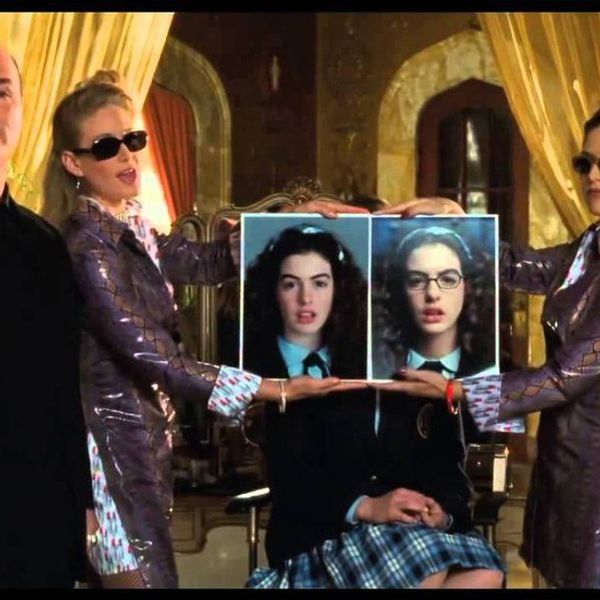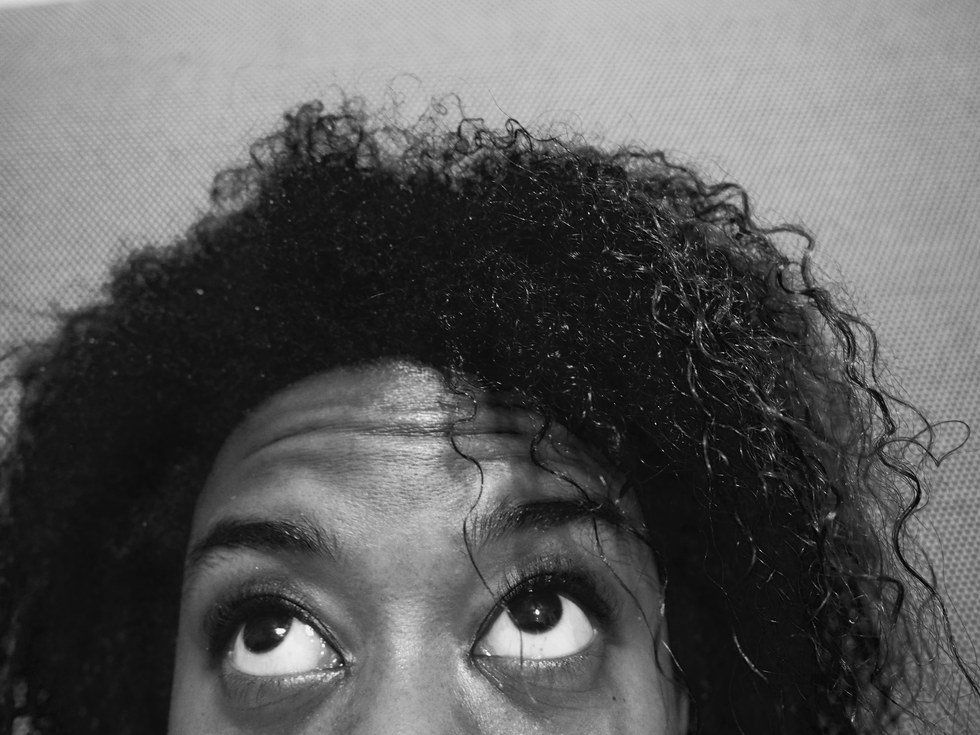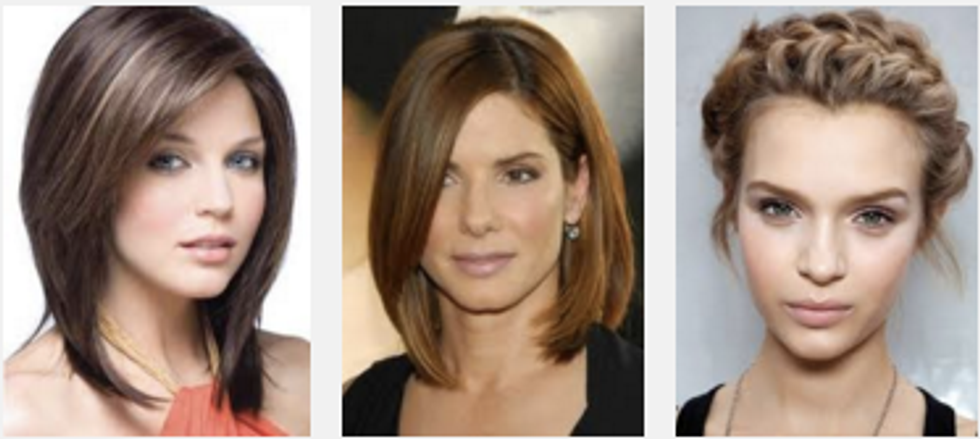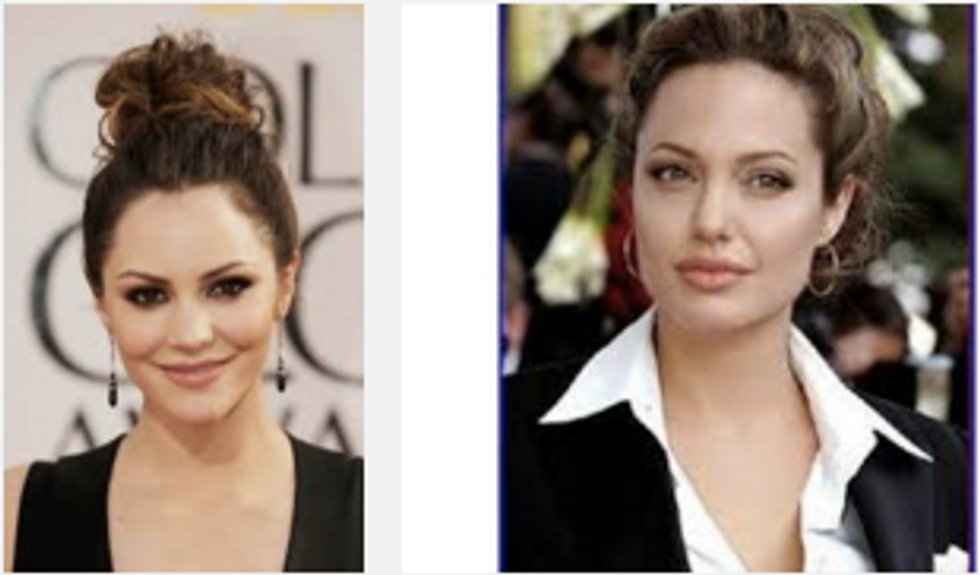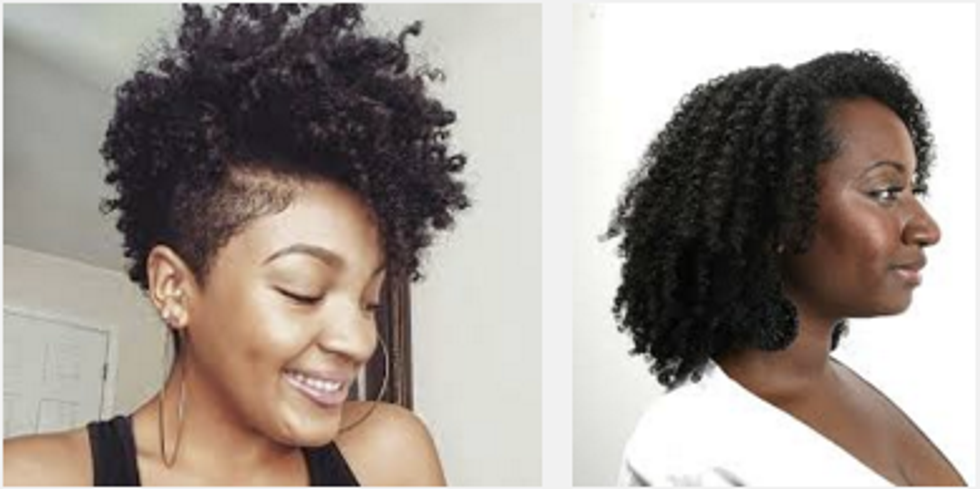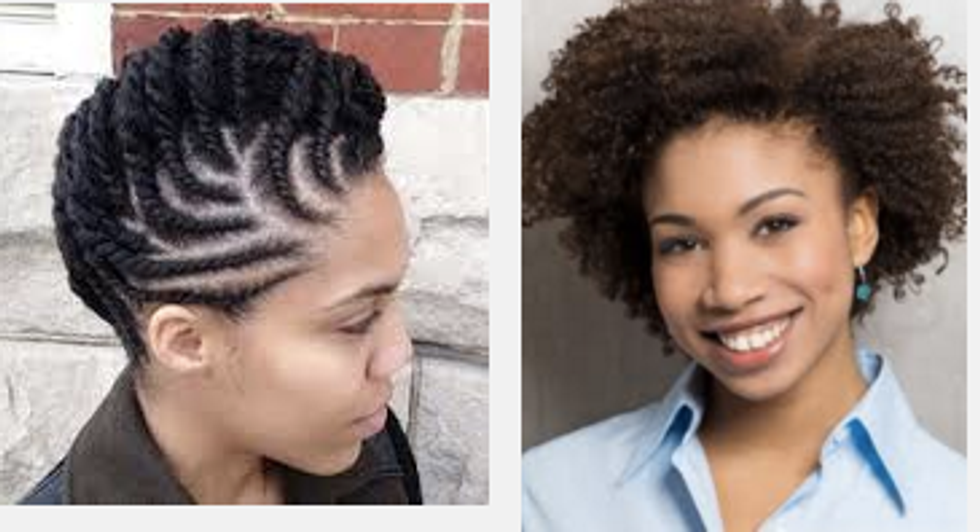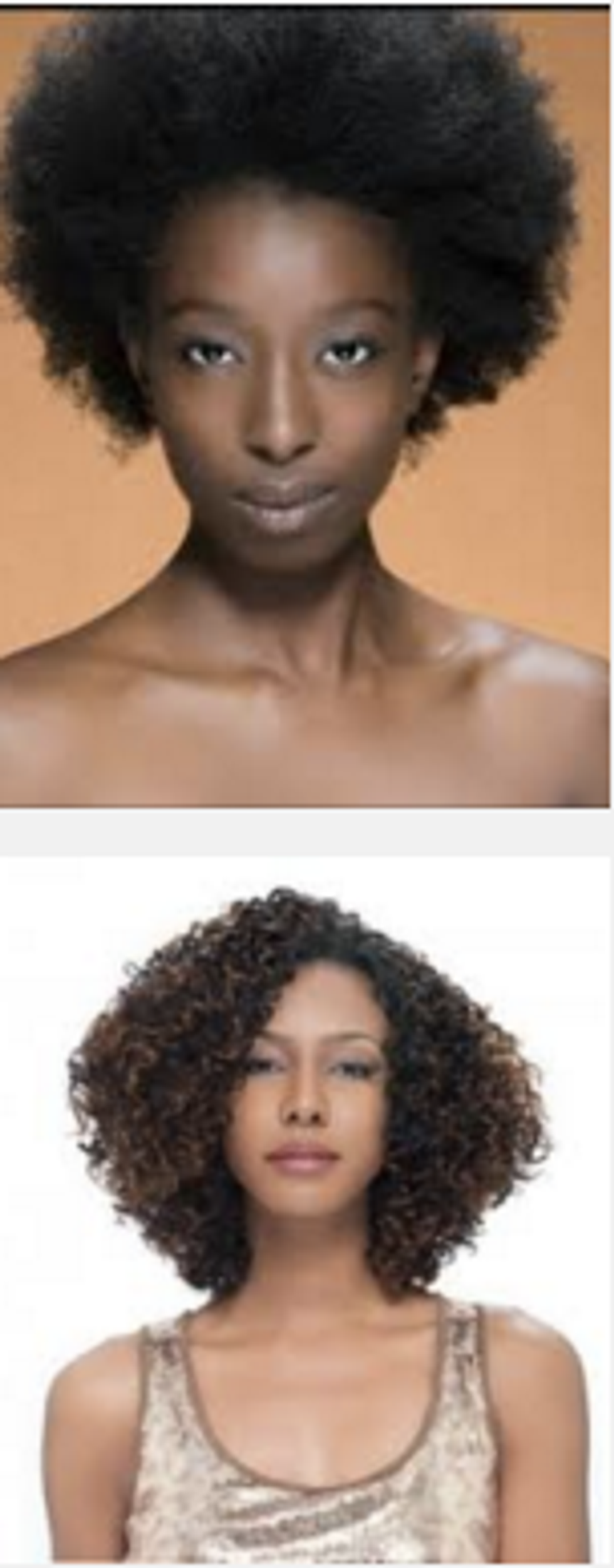Do me a favor: Google “Professional Hairstyles.” Great — now Google “Unprofessional Hairstyles.” That was the challenge awaiting me on my Facebook feed recently. Now, for those of you who didn’t bother looking, the first search yields Google results that look something like this:
…and this:
…and this:
(Oh, hi Angie!)
Meanwhile, Googling the latter yields results that look like this:
…and this:
…and this:
See a difference? Now, before we content ourselves with taking this racial divide at face value, lets consider the way search engines work. Google amalgamates a spread of what it believes are the most relevant results to your search by sourcing tags and buzzwords from the articles and webpages these pictures are sitting on. What does that mean? It means that Google is listening to our online published discussions and telling us what we’re talking about — it’s not necessarily answering our question with any one opinion.
That raises a new issue related to the origins of these search results. Where is Google getting these opinions from? Hmm, I wonder…
The first time I wore natural hair in the workplace, I was a soon-to-be graduate looking for a job and sitting nervously in an interview worrying I’d be seen as too “casual” by my mostly white interviewers. I had worked in an office several times before, but this time before the interview I only had enough time to sculpt my curls instead of flattening them or encasing them in braids ahead of time. My hair was neat and pinned up, but it was curly, so it was fuzzy, and I was embarrassed. I felt foolish even feeling that way, and if I'm honest, I’m not entirely sure where the idea came from originally, but I just know that this association of unprofessionalism and kinky, black-girl hair isn’t a monster the Internet created.
Recent raging cries by women of color for others like them to return to and take pride in their natural hair are spoken to a culture of women who were taught by society that their hair was something to be tamed. These clearly biased search results, as discussed in this article, are reflecting the subtle and not-so-subtle biases of the society the search engine sources. Google is picking up on paradigms and discussions already happening out there and online.
As Bossip points out in the article above, “Many of these are people of color explicitly discussing and contesting against racist attitudes towards hair,” and Google is “mirroring conversations about 'unprofessional hair' biases, not making a ruling.” The article is right about that. When I investigated the links of some of those photos of women of color on the “Unprofessional Hairstyles” results page, I found — on the ones that weren’t just about this Googling fiasco (which was surprisingly a lot!) — stuff like this and this.
Implicit bias is a very real phenomenon in our society that is much harder to see than the outright racism of former social regimes. You may have read about how Rhonda Lee lost her job back when it happened: a black weather woman wearing her hair short and curly on air and an ignorant viewer leaving a comment (see exactly what he said here), proposing a more… let’s just say “familiar” hairstyle and suggesting perhaps she had cancer. That was his explanation for how short her hair was. Of course, since she’s a TV personality and because Lee was later let go from the station for reasons that may or may not have been related to how she handled this viewer’s comments, the incident blew up in the media, complete with allegations of racial discrimination. It wasn’t that. But the point is that someone posted — publicly — that perhaps this black woman should don a wig in order to be deemed presentable in her very public professional position.
We’ve gotten it into our heads that our hair must be tamed, or that we are too wild for the workplace, like in this recent exchange between a black supervisor and her black employee. We should not settle for this messy mantra. The time for change has come. Amid so much cultural and racial discrimination and violence, racial bias is still very real. And opinions on hairstyles may not seem like much, but as a girl who grew up playing with white Barbies, watching beautiful white girls, seeing white girls overwhelmingly occupy magazines and TV shows, opinions on hairstyles mean a lot to a young, impressionable girl of color, or, indeed, to a young woman walking nervously into the workplace and hoping her natural beauty will go unnoticed.
Our hair does not make us less professional. It does not make us less beautiful or competent or healthy. It should only make us proud.

